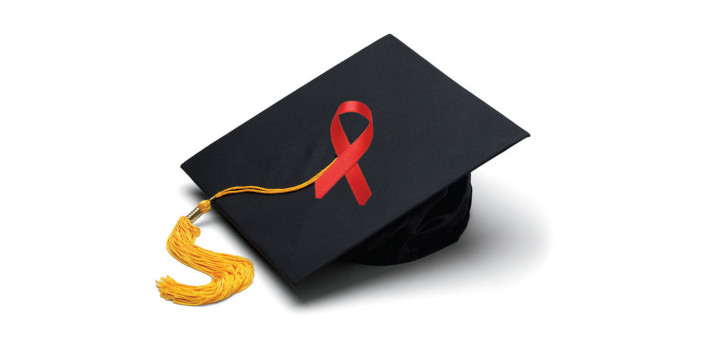A new training program at the University of Miami (UM) provides young researchers with opportunities to work with some of the communities most affected by HIV health inequities.
The Culturally focused HIV Advancements through the Next Generation for Equity (CHANGE) Training Program aims to equip the next generation of HIV behavioral scientists with the skills required to address and eliminate health disparities in HIV treatment and prevention in South Florida’s Black, Latino and LGBTQ communities, according to a UM news release.
“Our program feels like a manifestation of peers, colleagues, key information, professional network and hands-on learning of community-engaged research that I wish I had access to when I was a trainee,” says CHANGE program codirector Sannisha Dale, PhD, an associate professor in the Department of Psychology, in the news release. As a self-identified “Black, HIV–health equity researcher who partners with the community to inform change,” Dale understands firsthand the promise of the training program.
A slideshow promoting CHANGE’s kickoff explains the need for the program: “Ending the HIV epidemic remains out of reach mostly because effective strategies and scientists are needed to reach, care for and offset barriers for the communities most impacted by HIV: Black, Latinx and LGBTQ.”
Florida has consistently had one of the highest HIV rates in the nation. What’s more, the Sunshine State had the second-highest rate of new HIV diagnoses among young adults and adolescents in 2018, according to data from the Centers for Disease Control and Prevention. In 2020, Florida had the third-highest number of new HIV diagnoses, with 3,408 new cases.
Naysha Shahid, a clinical health psychology PhD candidate and one of a handful of students involved in the new program, says joining CHANGE has given her the opportunity to work with Black women and community organizations in South Florida.
“Through my participation with these organizations and my training at UM, I am working with women who look like me and helping them with HIV prevention, mental health assessment and care,” Shahid says. “This has been an amazing journey that has allowed me to help empower women and be my most authentic self.”







Comments
Comments